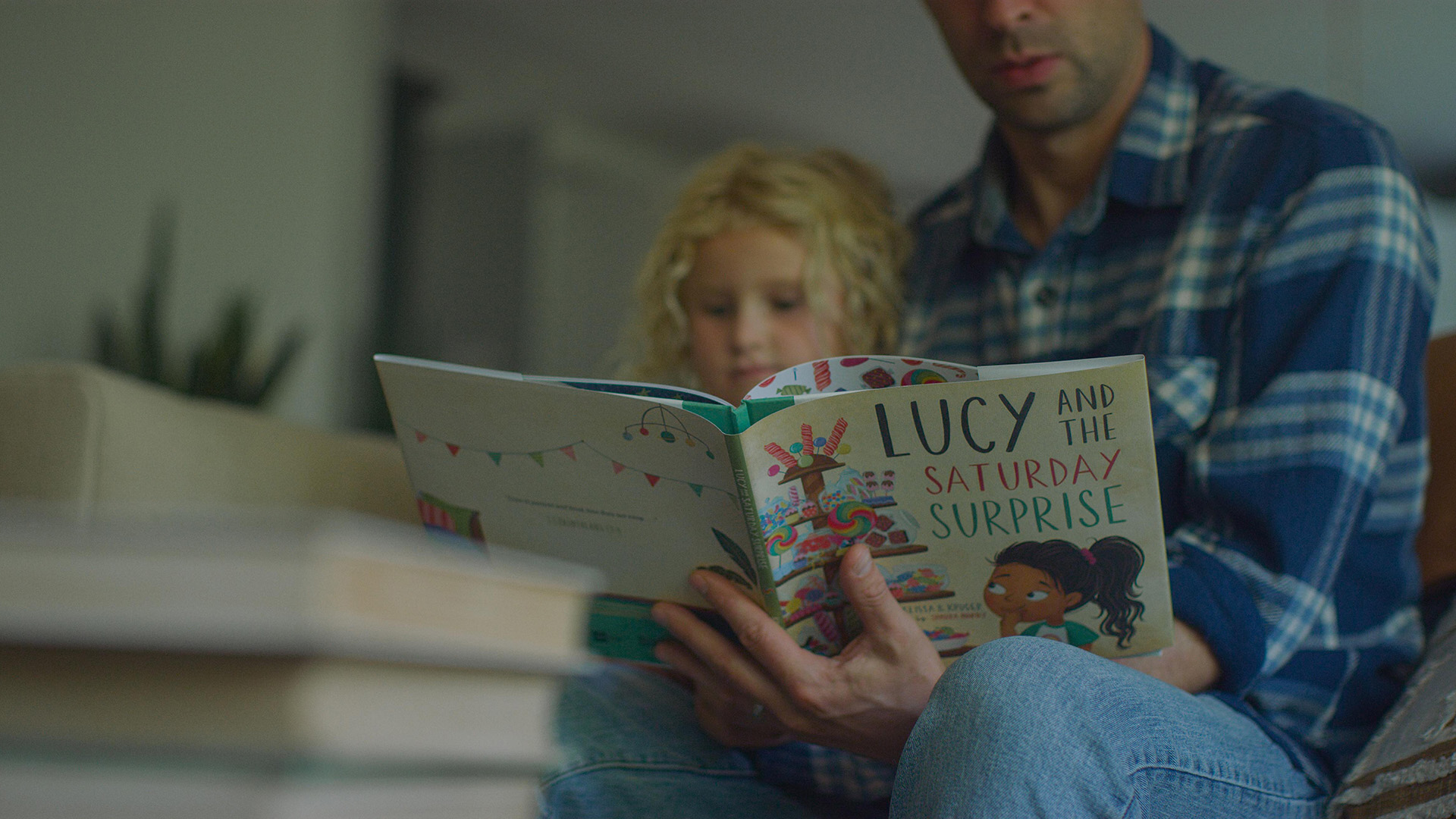“It’s not fair!”
This familiar cry rises in many homes, particularly when siblings compare their lots. Never mind that bellies are full and toys abound—if one sibling gets a bigger slice of the proverbial pie, it’s a travesty of justice.
Before our children can even speak, they know how to envy. They see something someone else has and decide their life would be better if they had that toy, treat, or seat on Mommy’s lap. And eventually, those inward desires bubble up to the surface in outward misbehavior: complaining, bickering, taking, and hitting.
Unfortunately, envy isn’t something that only children struggle with. As we battle envy in our own hearts, we can help our kids fight it in theirs.
Desires Gone Bad
Before our children can even speak, they know how to envy.
Everyone has desires. We long for good things: food, clothing, shelter, friends, or a sunny day for our church picnic. Many of our desires are good. However, when our desires turn covetous, we either want a good thing in a wrong way or we want something specifically forbidden by God’s Word. Our desires for good things can turn bad when they consume us in such a way that we lack contentment and joy in God’s goodness or we’re willing to disobey God to acquire what we desperately want.
Eve wrongly desired the fruit God had forbidden her to take from the Tree of Life (Gen. 3:6). When Achan coveted the spoils from the battle at Jericho, he disobeyed God’s clear command (Josh. 6:18–19). In both instances, their covetous desires followed a similar pattern: see, covet, take, and hide. As Achan recounted,
Truly I have sinned against the LORD God of Israel, and this is what I did: when I saw among the spoil a beautiful cloak from Shinar, and 200 shekels of silver, and a bar of gold weighing 50 shekels, then I coveted them and took them. And see, they are hidden in the earth inside my tent, with the silver underneath. (7:20–21, emphasis added)
Bad Desires Bear Bad Fruit
As we talk about envy with our children, it’s helpful to explain that our sinful desires don’t simply stay inside our hearts. Eventually, wrong desires bear bad fruit, and they’ll lead us to take from others in harmful ways. The apostle James warns, “Each person is tempted when he is lured and enticed by his own desire. Then desire when it has conceived gives birth to sin, and sin when it is fully grown brings forth death” (James 1:14–15).
Looking over the fence and wanting what someone else has will only make children (and adults) less happy. As Proverbs 14:30 teaches, “A tranquil heart gives life to the flesh, but envy makes the bones rot.” Teaching our children about envy (and the pattern it usually takes) helps them to spot it in their own lives. We can also help them learn to fight against it.
Contentment’s Choice
We’re unable to solve the problem of envy by giving our children everything they want. Attainment never satisfies the insatiable desires of an envious heart. Discontentment isn’t a problem about what we lack; it’s a problem of not recognizing what we have. As parents, we teach our children—by both our words and our example—the power of choosing thankfulness in all circumstances.
Attainment never satisfies the insatiable desires of an envious heart.
Paul reminds us, “Rejoice always, pray without ceasing, give thanks in all circumstances; for this is the will of God in Christ Jesus for you” (1 Thess. 5:16–18). Paul chose to thank God amid weaknesses, insults, hardships, persecutions, and calamities (2 Cor. 12:10).
As we practice thankfulness in our hearts, it becomes the practice of our homes. Ultimately, thankful hearts understand a big truth: Life isn’t fair. But it’s not fair in our favor. In Christ, we receive every spiritual blessing because he received all the punishment for our sins. Grace isn’t about fairness. It’s about the riches of God’s mercy and kindness being lavished on us, even though we don’t deserve them. In view of God’s mercy, we live transformed lives.
Envy is a thief—stealing away our children’s joy. As we teach them the blessings of contentment, we can begin by praying as a family, “Turn [our] eyes from looking at worthless things; and give [us] life in your ways” (Ps. 119:37). God is able to give us new eyes that see his goodness and new hearts that rest content in his provision.
Read more from Melissa Kruger in her new children’s book about envy, Lucy and the Saturday Surprise (TGC/Crossway). Purchase through the TGC Bookstore or Amazon.
